
Masta Ace is sick and tired of hip-hop; at least one would think so after listening to his fourth entry, Disposable Arts. With over ten years under his belt, his career spans from humble beginnings, back when it was just he and The Biz (puppet), to his Brooklynized attack on the gangsta-rap Slaughterhouse, and it’s quick follow-up, Sittin’ On Chrome, which brought west-coast beats to east-coast jeeps. While his style has changed on each of his albums, Ace has always had something to say, and with Disposable Arts, he speaks louder than ever.
Disposable Arts is Ace’s most introspective album yet, defining the rapper as a man, one who after a long and hard career, comes to grips with the reality of being involved in a shady industry. Much like Sittin’ On Chrome, the album is sewn together wonderfully through a series of skits, each of which make this project actually seem like an album, rather than a series of loosely strung together formulated songs, each filling the hot producer / guest artist quota. Looking back on his life, Ace is back to school – metaphorically, as the skits ironically feature a rap legend enrolling in the first Hip-Hop college – and literally, as he is about to school the youngsters on the life and death of a hip-hop artist.
As the album begins, Ace paints a portrait of his current surroundings on “Block Episode”, and then decides to make a change when an ad for the I.D.A. trade school invades his radio. Ending up rooming with none other than super-white MC Paul Barman, he reexamines his recently departed Brooklyn lifestyle on “Take A Walk”, a wake-up call to suburban hip-hoppers everywhere, as Ace laments “Let’s take a walk through the deepest part of the hood / I wanna know who it was that said it was all good / He musta never been to the corner / spent a half-an-hour or longer / where you can smell reality stronger,” and again on “Unfriendly Game”, which extends Large Professor’s original idea, comparing the street hustle to a game of football.
Ace’s depression looms over these tracks, as well as several others, especially when he reveals his frustration with the direction hip-hop has taken over the last five years. On “Enuff”, his trademark sense of humor still shines through, as he extends a pattern rhyme about trying endlessly to please everyone, but still gets fronted on. This same sense of cleverness is prevalent throughout the entire album, even when he gets only a verse in on a track like “Something’s Wrong” (feat. Young Zee & Strick ), or when he shares a metaphorical love rap with Jean Grae (“Hold U”), about his devotion to his mic.
At 24 tracks in length, there is plenty to talk about on Disposable Arts, but also leaves a huge margin for error. Certain tracks like “Every Other Day” fade into mediocrity, while he shares mic time with his fellow “classmates” such as Jane Doe , Apocalypse , Punch & Words, and quite a few others, when in essence he has already excelled past them. The inclusion of these and other guests becomes distracting, making his album a little less personal than it sets itself up to be. Sometimes sleepy production may also lose some listeners, especially those who liked Ace best in his slick “Born To Roll” days.
But Disposable Arts’ finest moments are when Ace is most honest. On the self-depreciating “Dear Diary”, Ace feels sorry for himself, (as the listener can’t help but feel sorry for him) recognizing that he is in fact past his prime, and may one day have to look for a realistic career outside rap music. His swan song comes in the form of “No Regrets”, a positive, introspective look at his entire career, one that he can leave unscathed, with no regrets – a true accomplishment in a disposable art form built from endless biting.
Conceptually, this is one of the best albums of the year, although still, in some parts it could have been executed better. Yet the sheer amount of feeling Ace puts into every track is evident, even when it’s a simple club rocker like “Don’t Understand”, and props are definitely due for once again sticking to a concept throughout another well-put together album. While “No Regrets” hints at his departure from the rap game, hopefully the public will support this so that it doesn’t have to be.
Comments
No Comments
Leave a reply
- Raekwon Sets A Release Date For “F.I.L.A.” Album
- BUSH: A Snoop Odyssey Produced By Pharrell Williams [Preview]
- Drake – “If You’re Reading This It’s Too Late” Surprise Album on iTunes Now
- Action Bronson “Mr. Wonderful” Cover Art and Tracklist
- Juicy J “Blue Dream & Lean 2″ Mixtape Cover Art & Release Date Revealed
- MF Grimm “MF Love Songs” Cover Art + Tracklist
- Lord Hakim – “Brass Knucklez” (feat. Vast Aire & Phizz Ed)
- IAMSU! – “Hella Good” (feat. Tyga)
- DJ Kay Slay – “I Declare War” (feat. Styles P, Sheek Louch, Vado, Raekwon, & Rell)
- Maverick Sabre – “We Don’t Wanna Be” (feat. Joey Bada$$)
- Cannibal Ox – “Blade: Art of Ox” (feat. Artifacts & U-God; prod. Black Milk)
- Asher Roth – “Blow Your Head” (prod. Nottz)
- It's Time To Say Goodbye...
Commented on by Yungplex - It's Time To Say Goodbye...
Commented on by geedubbleyoo - Fat Trel - "In My Bag" (feat. Wale)
Commented on by Katae - Kanye West's "Runaway": What Does It All Mean?
Commented on by fidgar - Sole Vs. El-P: Part One - Sole
Commented on by Reno Yakavetta - It's Time To Say Goodbye...
Commented on by Atom


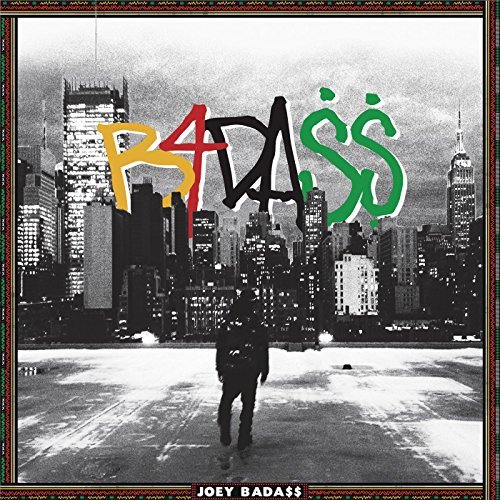

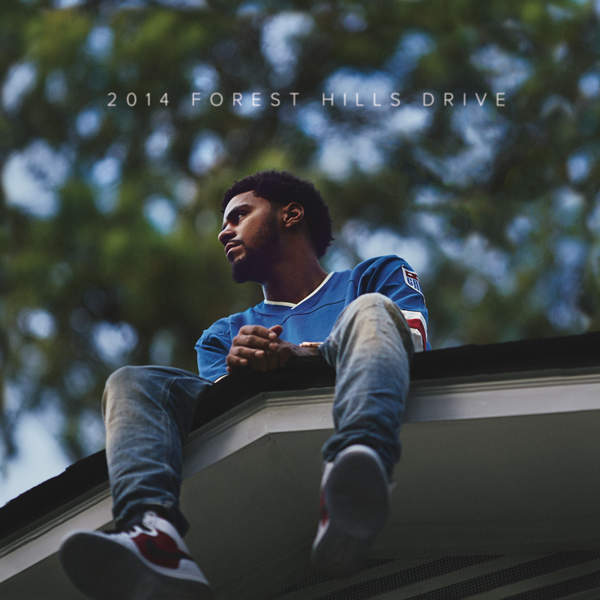




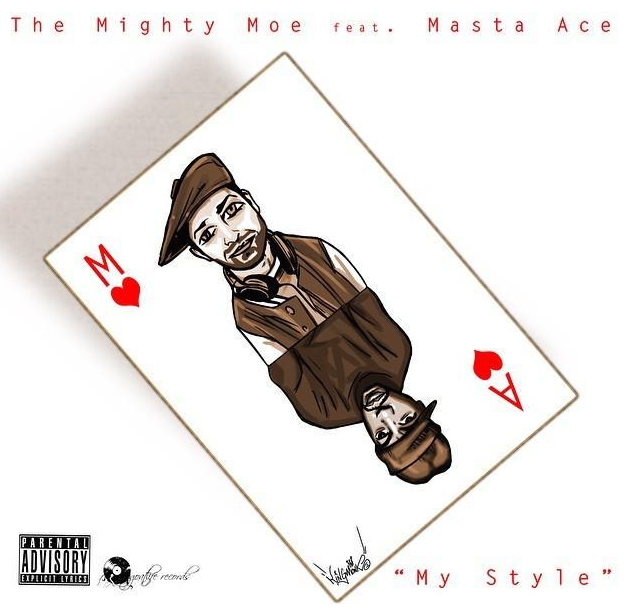

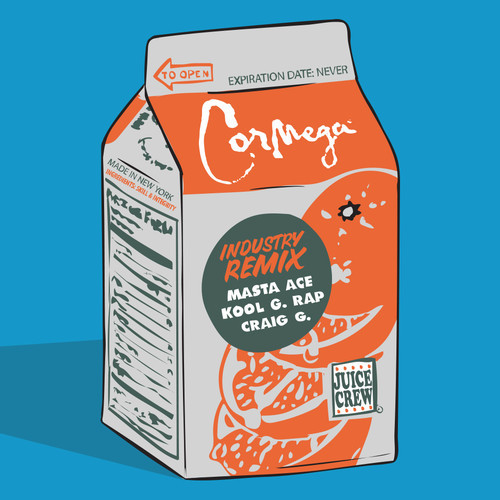
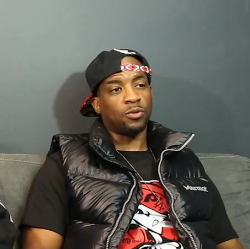

 Mixtape D.L.
Mixtape D.L.
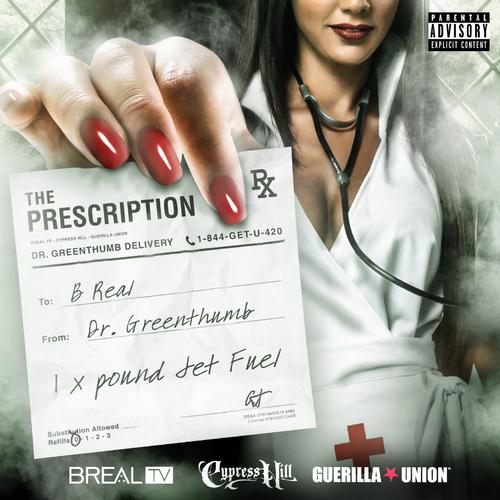

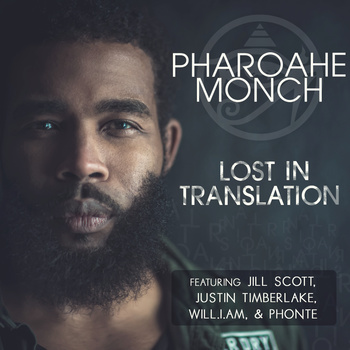

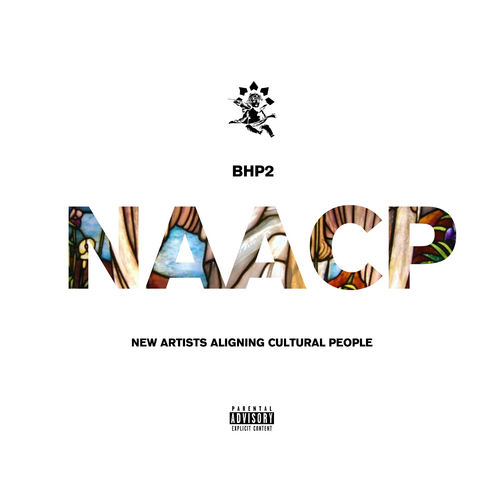

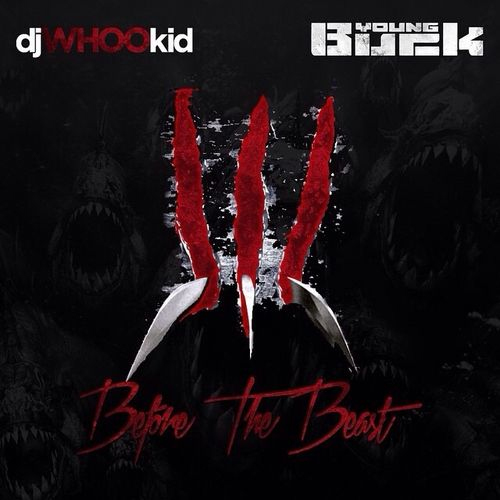
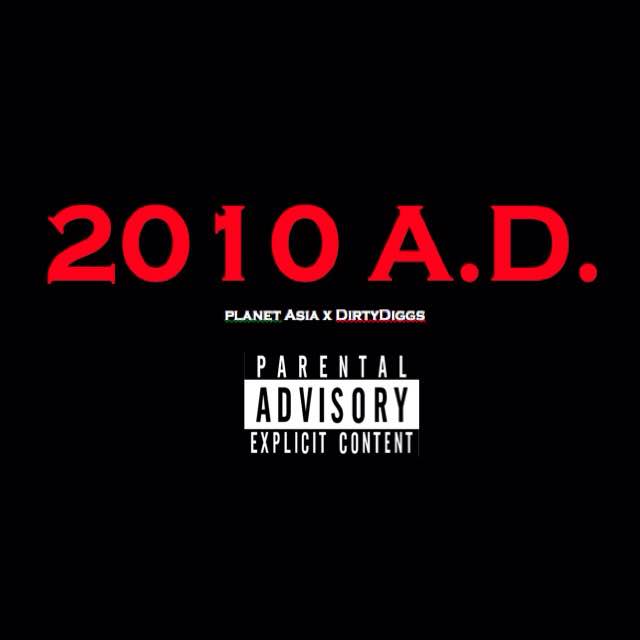
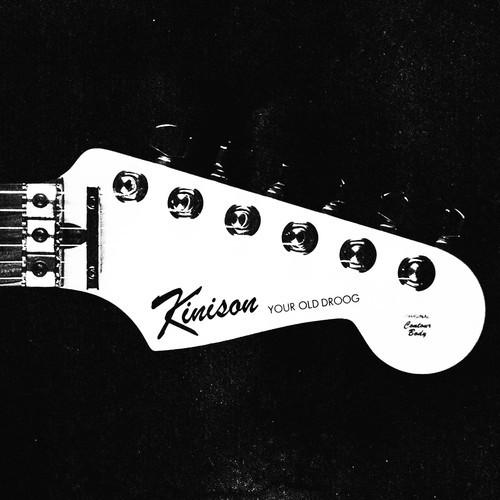
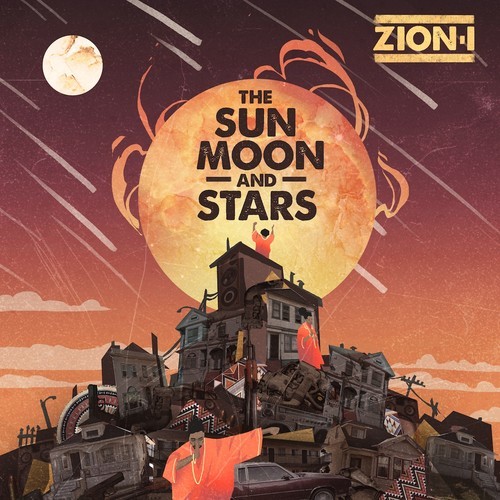


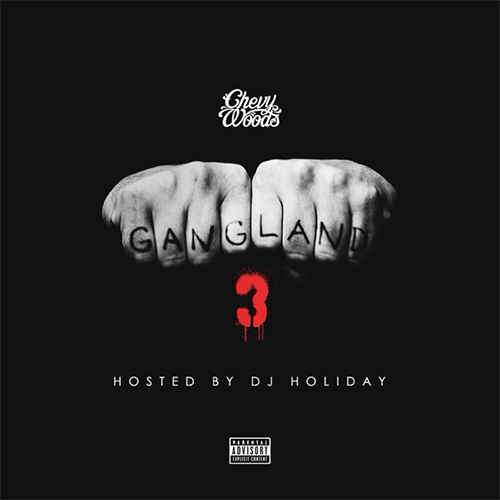
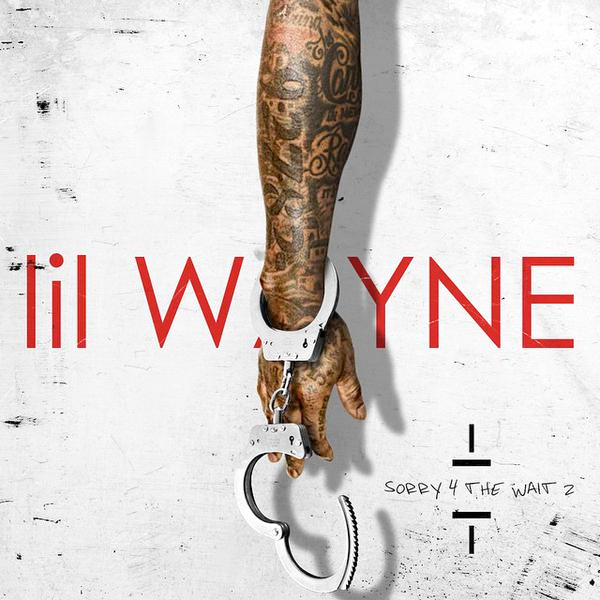
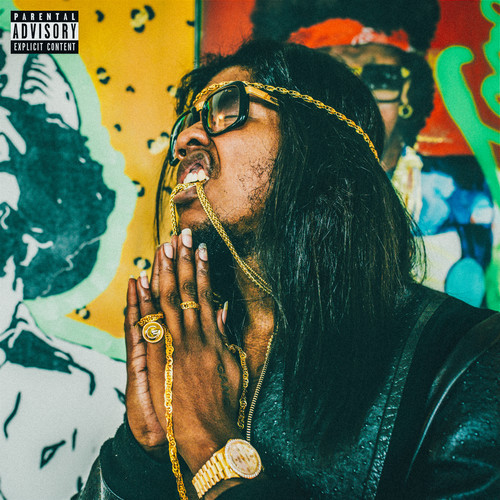





1 January, 2001@12:00 am
0 comments